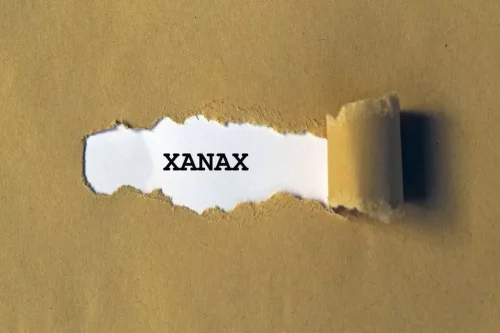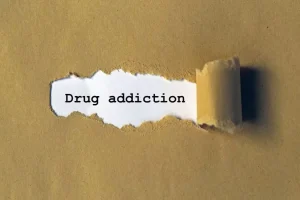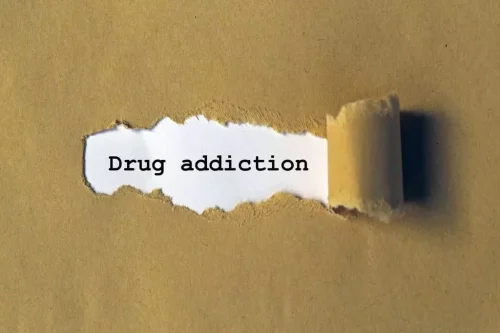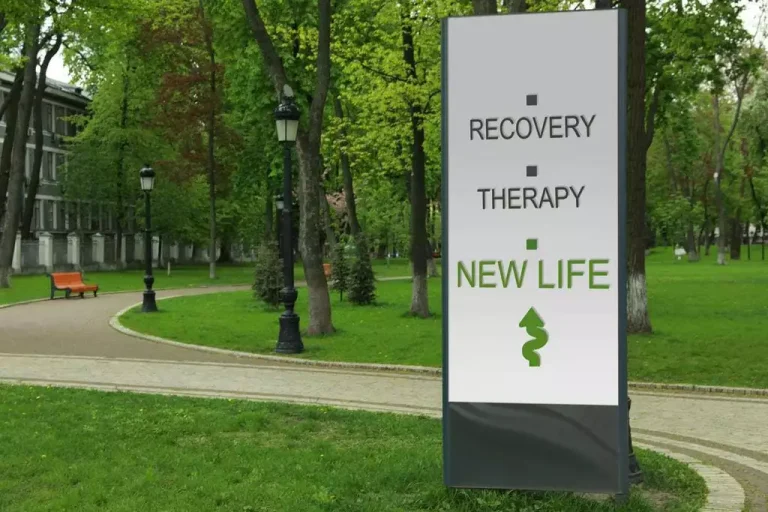
The three stages of relapse are emotional relapse, mental relapse, and physical relapse. Emotional relapse involves emotions and behaviors that set individuals up for relapse. Mental relapse is when individuals have a war going on inside their minds, with part of them wanting to use it and part of them not. Remember, measuring progress and celebrating milestones is unique to each person. Take pride in your achievements and continue working towards a healthier and happier life.

Have You Replaced Alcohol With Sugar?

Early recovery is a crucial chapter in their journey – a fresh start filled with hope and challenges. It’s natural to feel overwhelmed, but you can work through this together. So, please take a seat, and let’s unveil the initial stages of addiction treatment. It involves recognizing your triggers, vulnerabilities, and the underlying causes of your addiction. By understanding your emotional and mental patterns, you can better prepare for potential relapse triggers and take proactive steps to avoid them. In the early stages of recovery, it’s vital to recognize and celebrate progress, no matter how small.

It Isn’t Easy to Cope with Stress Without Substances
Furthermore, family and friends can educate themselves about addiction, its impact, and reframing holidays in early recovery the recovery process. This knowledge allows them to better understand the challenges their loved one is facing and provide informed support. The initial phases of healing in addiction recovery play a crucial role.
How can cognitive therapy help in preventing relapse?
A common example is the person who gets into a relationship early on in their recovery. When they break up, those resentments in the form of anger and hurt alcohol rehab feelings boil over, triggering a relapse. Eating a balanced diet can improve your energy levels and help you feel your best.
- Incorporating these ten essential habits into your early addiction recovery can significantly increase your chances of maintaining sobriety.
- It encapsulates the period where people still feel new to the recovery world and are still learning how to exist without substance use.
- Others will be more interested in seeing you change for the better than they will an apology.
- Our Certified Recovery Agents can help integrate relapse prevention therapy and coping strategies into everyday life.
- Individuals can stay motivated and avoid feeling overwhelmed by breaking down long-term objectives into smaller, manageable steps.
We are Here to Help with Early Recovery
- Problem – When you give up alcohol, you are likely to experience withdrawal symptoms.
- Now that you re sober and clean you will need to deal with life on life’s tems.
They believe they’ll be fine as long as they can resist drinking or using again. They encounter many unexpected challenges, and some of the biggest challenges are the tricks played by their own minds. The following are some of the most common challenges people encounter during their first year of recovery from addiction. Part of the process is finding the strength to overcome the challenges and discovering new ways to deal with them.

Early recovery is a time for getting to know yourself and making the relevant changes to ensure that you don’t go back to drinking and/or using. A new relationship can be very distracting in terms of where you place your time and effort. If you take the time to become comfortable within yourself first, you will have plenty of time for a relationship once you are on solid ground. Cognitive therapy is one of the main tools for preventing relapse by changing negative thinking patterns and developing healthy coping skills. It helps individuals address fear-based thinking and redefine their perception of fun in order to maintain their recovery.
Each time you reach a goal, acknowledge your success and reward yourself with something tangible, such as dinner out with a friend. Acknowledging and appreciating your small successes helps you maintain your commitment and energy over time. But it is also one you do not have to succumb to… there are many people =https://ecosoberhouse.com/ out there who understand and can help you move through early recovery into a new, solid life in sobriety.
Staying Accountable
When a family member is undergoing outpatient treatment for substance.. Whatever you do, do not let yourself drift back into your old lifestyle. Realize that, in early recovery, you are more vulnerable – not only to relapse but also to overdose due to a loss of tolerance.

